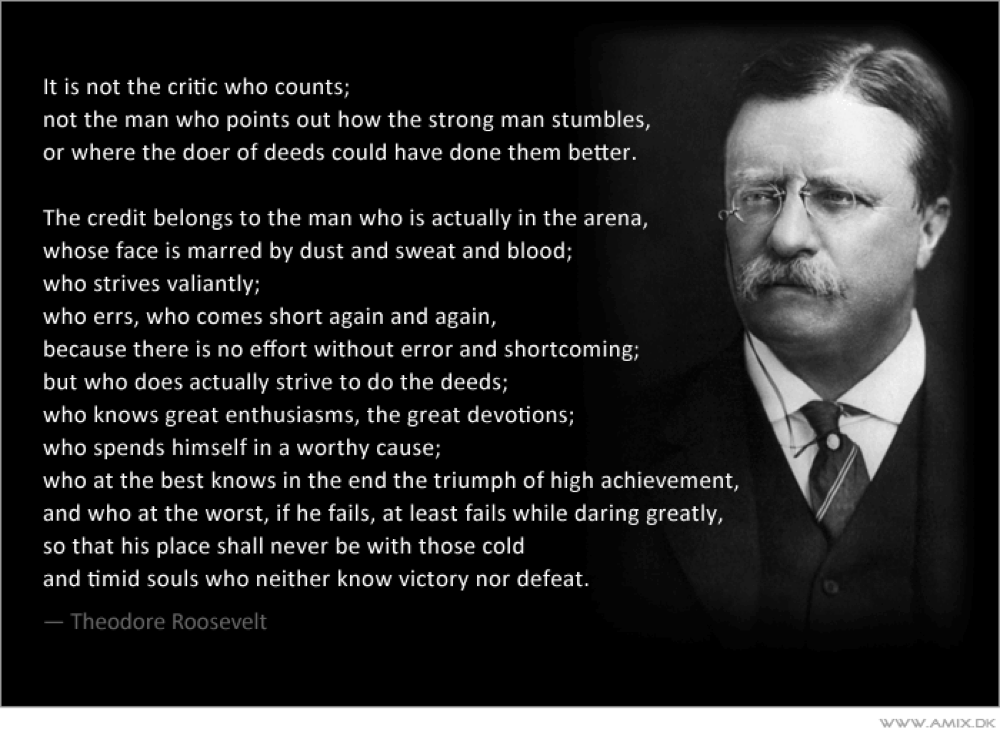Take the combined size of all stocks traded in Brazil, Russia, India and South Africa, multiply by two, and you'll get a sense of how much China's market value has slumped since the meltdown started. Shanghai-listed equities erased $5 trillion since reaching a seven-year high in June, half their value, as margin traders closed out bullish bets and concern deepened that valuations were unjustified by the weak economic outlook.
The four other countries in the BRICS universe have a combined market capitalisation of $2.8 trillion, according to data compiled by Bloomberg.
In the year to July, China's customs agency reports that imports from Australia are down by $15bn dollars on the same period last year - a loss which is already equal to 1% of Australia's GDP, and many other countries stand to lose out to similar degrees. China's imports overall are down by 14.6% over 2015. Find out what happens if this decline continues for the rest of the year - or worsens - and how that loss compares to each country's GDP
Eventually, even at near zero interest rates, the amount of debt becomes too high, relative to income. Governments become afraid of adding more debt. Young people find student loans so burdensome that they put off buying homes and cars. The economic “pump” that used to result from rising wages and rising debt slows, slowing the growth of the world economy. With slow economic growth comes low demand for commodities that are used to make homes, cars, factories, and other goods. This slow economic growth is what brings the persistent trend toward low commodity prices experienced in recent years.
A strange thing happened fifteen minutes after stock markets opened for regular trading on Friday, August 21, 2015. At least some people on the nationally prominent MarketWatch website were privileged to see in advance what would prove to be the full-day losses for both the Dow Jones Industrial Average (INDU) and the Standard & Poors 500 (SPX) indices. This harbinger or revelation of what was to come occurred six hours and fifteen minutes before the market's close. The uncanny trend projections, or perhaps target prices, were made available while the Dow was down about 180 points -- more than 350 points above its astonishing Friday close.
There is an almost touching faith that markets are rigged when they loft higher, but unrigged when they crash. Who's to say this crash isn't rigged? A few things about this "crash" (11% decline from all time highs now qualifies as a "crash") don't pass the sniff test.
"Unless we recognise that, and recognise that the productivity challenge and the fiscal challenge are intimately linked, and we have to deal with both of them, then we will go on continuing to repeat the mistakes that we've been making and that will get us into a situation that none of us want to be in."
Dr Parkinson earlier told a room of more than 90 corporate, community and academic leaders that productivity reform could not be detached from fiscal reform.
The ‘Black Monday' stock market turmoil on 24 August saw the FTSE 100 index plummet 14% below its peak of almost 7,000 points in February.
Investors across the globe began panic selling stocks, particularly in commodities, amid fears of the much anticipated growth slowdown in China.
While about £96bn was wiped off share values in the UK blue chip index, the Dow fell 1,000 points on opening and the Shanghai Composite experienced total losses of 35% since June.


Hymans Robertson put the total pain for UK defined benefit (DB) schemes at a staggering £30bn surge in aggregate deficits in a day, as equities values and bond yields headed south.
Commentators are divided on whether the event was merely a market correction or an indication of more chaos to come.
But what many agree on is the fact that China is no longer the world's economic growth engine, posing the question of where future investment returns will come from.

Learning Success:
APPLY Tips From The Best







